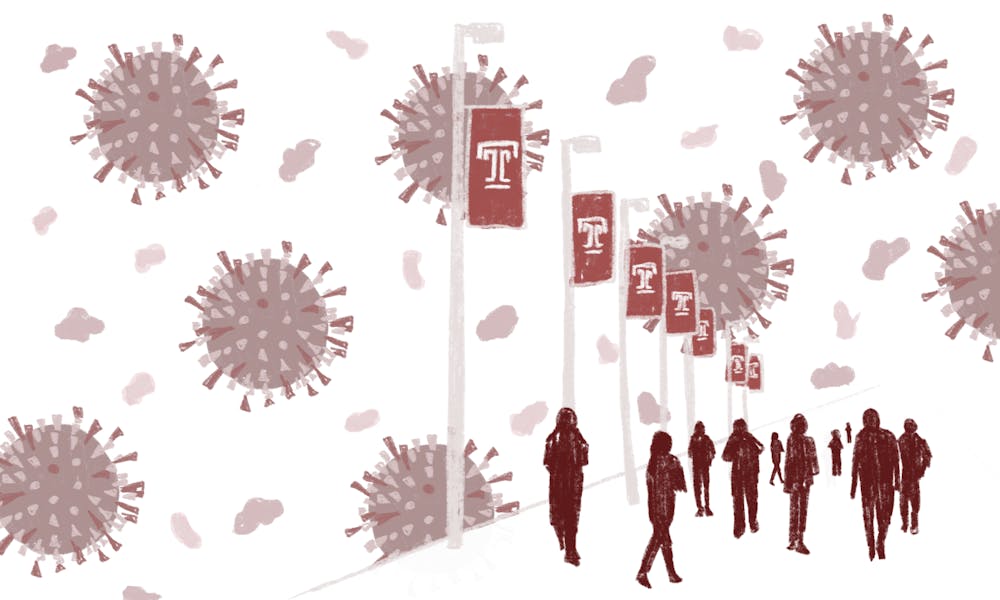Three cases of mumps have been reported at Temple University, but the students are no longer contagious. Penn’s Chief Wellness Officer Benoit Dubé said, however, there are no cases at Penn.
Temple Student Health Services notified students and faculty of the cases in an email sent on Feb. 21, The Philadelphia Inquirer reported. While the three infected students are no longer contagious, Temple Student Health Services wrote that they are working with students that may have come in contact with them to prevent the virus from spreading, NBC10 Philadelphia reported.
In an email to The Daily Pennsylvanian, Dubé wrote that Penn does not have any known cases of the mumps on campus.
"Students are encouraged to consult our Campus Health mumps information page to find out more about the disease and the best ways to prevent its transmission," Dubé wrote.
He added that unvaccinated students can receive the mumps, measles, and rubella vaccine at Student Health Service.
Mumps is a highly contagious viral disease with symptoms including fevers, headaches, muscle aches, loss of appetite, and swollen salivary glands, according to the Center for Disease Control and Prevention. The disease is typically spread through saliva, such as sharing food or drinks.
Penn requires all full-time students and students living on campus to have two doses of the MMR vaccine. According to the CDC, the vaccine doses are often administered early in life and lose effectiveness over time, so receiving the booster vaccine can further prevent contracting mumps.
“We’re working closely with Temple Student Health and are hopeful that the vaccine clinics from last year and Temple’s quick action will stop this before anyone else gets sick,” Philadelphia Department of Public Health spokesperson Jim Garrow told the Inquirer.
RELATED:
Three Penn students diagnosed with mumps as statewide outbreak grows
Penn undergraduate diagnosed with mumps as outbreak at Temple grows
Last spring, 186 cases of the mumps were reported at Temple, according to the Inquirer. As a result, Temple hosted vaccine clinics offering free MMR booster vaccines.
Amid the Temple outbreak, Penn sent an email notifying faculty, students, and staff on March 27, 2019 that a Penn undergraduate student who lived off-campus had been diagnosed with mumps. Public health officials believed the case at Penn was not connected to the Temple outbreak, the email read.
Two weeks later, Chief Wellness Officer Benoit Dubé confirmed two more cases of the mumps on Penn's campus. Dubé told The Daily Pennsylvanian the Penn community’s immunization compliance rate is approximately 99%.
Dubé wrote that the flu remains the predominant illness on campus and that students who have yet to receive a flu vaccine can also receive one at SHS.









